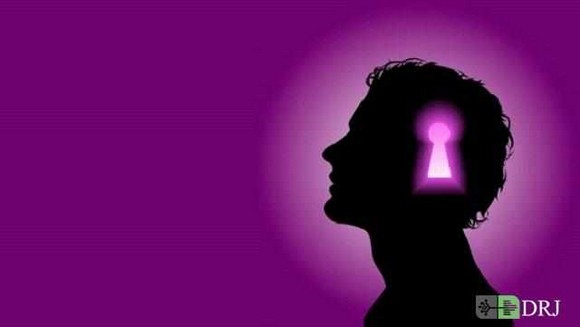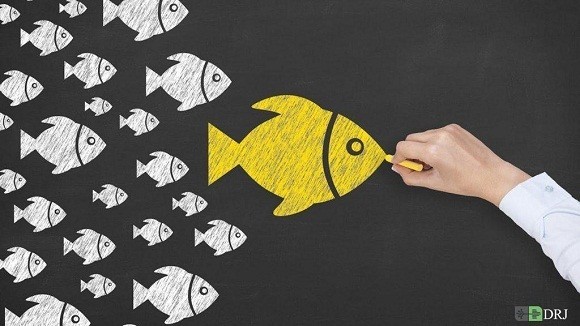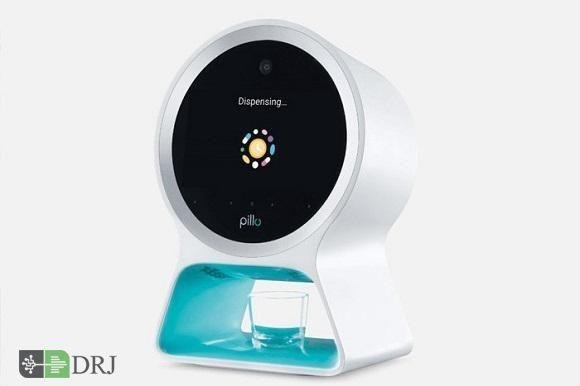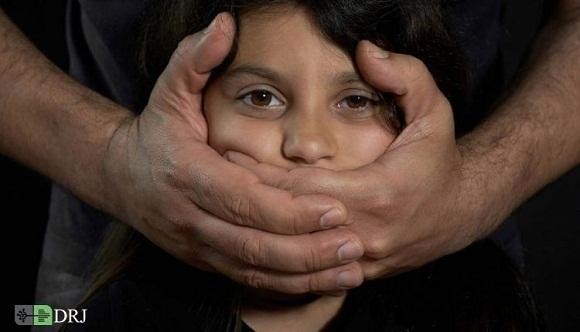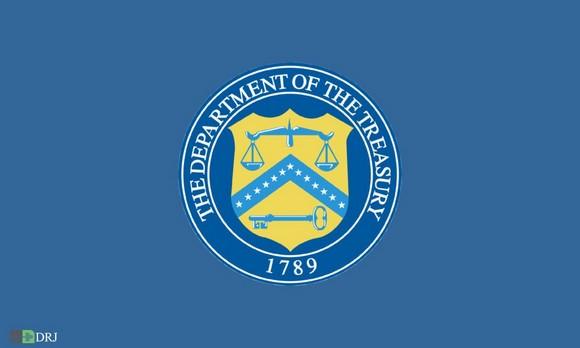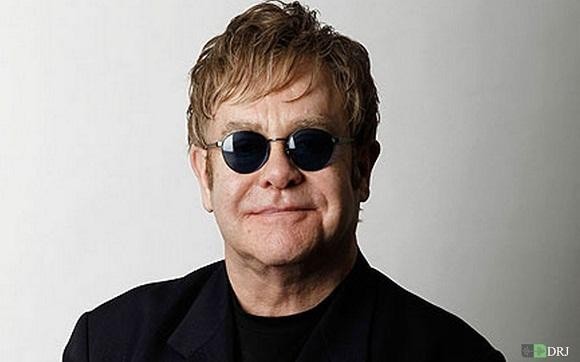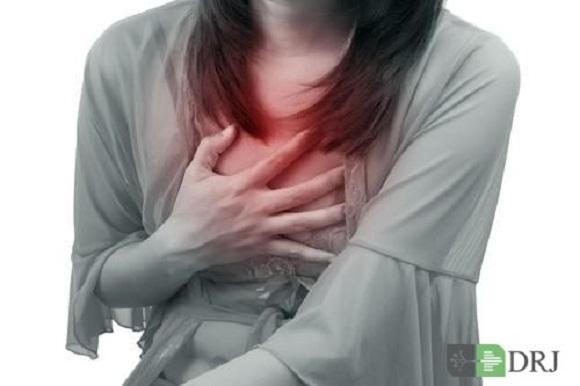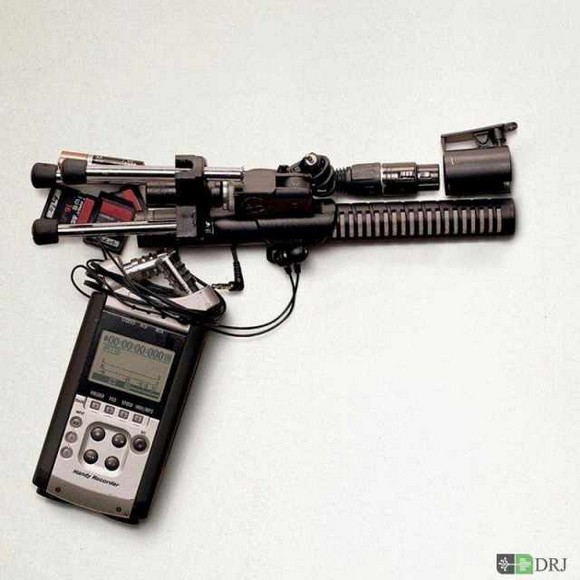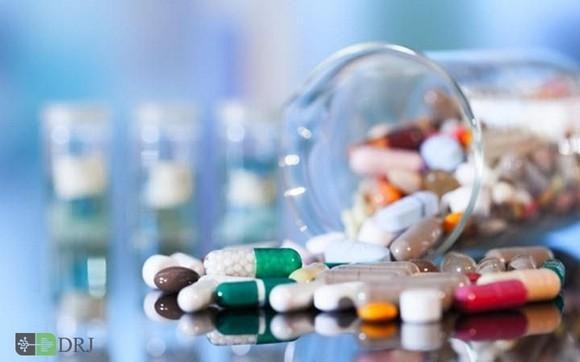What is depression and what can I do about it?
Sadness, feeling down, having a loss of interest or pleasure in daily activities - these are symptoms familiar to all of us. But, if they persist and affect our life substantially, it may be depression.
According to the Centers for Disease Control and Prevention (CDC), 7.6 percent of people over the age of 12 have depression in any 2-week period. This is substantial and shows the scale of the issue.
According to the World Health Organization (WHO), depression is the most common illness worldwide and the leading cause of disability. They estimate that 350 million people are affected by depression, globally.
Fast facts on depression:
Depression seems to be more common among women than men.
Symptoms include lack of joy and reduced interest in things that used to bring a person happiness.
Life events, such as bereavement, produce mood changes that can usually be distinguished from the features of depression.
The causes of depression are not fully understood but are likely to be a complex combination of genetic, biological, environmental, and psychosocial factors.
Tests
Depression is a mood disorder characterized by persistently low mood and a feeling of sadness and loss of interest. It is a persistent problem, not a passing one, lasting on average 6 to 8 months.
older woman being counseled
Diagnosis starts with a consultation from a mental health expert.
Diagnosis of depression starts with a consultation with a doctor or mental health specialist. It is important to seek the help of a health professional to rule out different causes of depression, ensure an accurate differential diagnosis, and secure safe and effective treatment.
As for most visits to the doctor, there may be a physical examination to check for physical causes and coexisting conditions. Questions will also be asked - "taking a history" - to establish the symptoms, their time course, and so on.
Some questionnaires help doctors to assess the severity of depression. The Hamilton depression rating scale, for example, has 21 questions, with resulting scores describing the severity of the condition. The Hamilton scale is one of the most widely used assessment instruments in the world for clinicians rating depression.
What does not class as depression?
Depression is different from the fluctuations in mood that people experience as a part of normal life. Temporary emotional responses to the challenges of everyday life do not constitute depression.
Likewise, even the feeling of grief resulting from the death of someone close is not itself depression if it does not persist. Depression can, however, be related to bereavement - when depression follows a loss, psychologists call it a "complicated bereavement."
Signs and symptoms
sad man holding his hands
Symptoms include reduced interest in pleasurable activities and lower mood.
Symptoms of depression can include:
depressed mood
reduced interest or pleasure in activities previously enjoyed, loss of sexual desire
unintentional weight loss (without dieting) or low appetite
insomnia (difficulty sleeping) or hypersomnia (excessive sleeping)
psychomotor agitation, for example, restlessness, pacing up and down
delayed psychomotor skills, for example, slowed movement and speech
fatigue or loss of energy
feelings of worthlessness or guilt
impaired ability to think, concentrate, or make decisions
recurrent thoughts of death or suicide, or attempt at suicide
Life hacks: Dealing with postpartum depression
Life hacks: Dealing with postpartum depression
If you have recently had a baby and you are feeling low, it could be postpartum depression. Find out more
Read now
Causes
The causes of depression are not fully understood and may not be down to a single source. Depression is likely to be due to a complex combination of factors that include:
depressed woman
Depression has a wide range of causes and potential treatments.
genetics
biological - changes in neurotransmitter levels
environmental
psychological and social (psychosocial)
Some people are at higher risk of depression than others; risk factors include:
Life events: These include bereavement, divorce, work issues, relationships with friends and family, financial problems, medical concerns, or acute stress.
Personality: Those with less successful coping strategies, or previous life trauma are more suceptible.
Genetic factors: Having a first-degree relatives with depression increases the risk.
Childhood trauma.
Some prescription drugs: These include corticosteroids, some beta-blockers, interferon, and other prescription drugs.
Abuse of recreational drugs: Abuse of alcohol, amphetamines, and other drugs are strongly linked to depression.
A past head injury.
Having had one episode of major depression: This increases the risk of a subsequent one.
Chronic pain syndromes: These and other chronic conditions, such as diabetes, chronic obstructive pulmonary disease, and cardiovascular disease make depression more likely.
Treatment
Depression is a treatable mental illness. There are three components to the management of depression:
Support, ranging from discussing practical solutions and contributing stresses, to educating family members.
Psychotherapy, also known as talking therapies, such as cognitive behavioral therapy (CBT).
Drug treatment, specifically antidepressants.
Psychotherapy
Psychological or talking therapies for depression include cognitive-behavioral therapy (CBT), interpersonal psychotherapy, and problem-solving treatment. In mild cases of depression, psychotherapies are the first option for treatment; in moderate and severe cases, they may be used alongside other treatment.
CBT and interpersonal therapy are the two main types of psychotherapy used in depression. CBT may be delivered in individual sessions with a therapist, face-to-face, in groups, or over the telephone. Some recent studies suggest that CBT may be delivered effectively through a computer
Interpersonal therapy helps patients to identify emotional problems that affect relationships and communication, and how these, in turn, affect mood and can be changed.
Antidepressant medications
Antidepressants are drugs available on prescription from a doctor. Drugs come into use for moderate to severe depression, but are not recommended for children, and will be prescribed only with caution for adolescents.
A number of classes of medication are available in the treatment of depression:
selective serotonin reuptake inhibitors (SSRIs)
monoamine oxidase inhibitors (MAOIs)
tricyclic antidepressants
atypical antidepressants
selective serotonin and norepinephrine reuptake inhibitors (SNRI)
Each class of antidepressant acts on a different neurotransmitter. The drugs should be continued as prescribed by the doctor, even after symptoms have improved, to prevent relapse.
A warning from the Food and Drug Administration (FDA) says that "antidepressant medications may increase suicidal thoughts or actions in some children, teenagers, and young adults within the first few months of treatment."
Any concerns should always be raised with a doctor - including any intention to stop taking antidepressants.
Exercise and other therapies
Aerobic exercise may help against mild depression since it raises endorphin levels and stimulates the neurotransmitter norepinephrine, which is related to mood.
Brain stimulation therapies - including electroconvulsive therapy - are also used in depression. Repetitive transcranial magnetic stimulation sends magnetic pulses to the brain and may be effective in major depressive disorder.
Electroconvulsive therapy
Severe cases of depression that have not responded to drug treatment may benefit from electroconvulsive therapy (ECT); this is particularly effective for psychotic depression.
Types
Unipolar and bipolar depression
If the predominant feature is a depressed mood, it is called unipolar depression. However, if it is characterized by both manic and depressive episodes separated by periods of normal mood, it is referred to as bipolar disorder (previously called manic depression).
Unipolar depression can involve anxiety and other symptoms - but no manic episodes. However, research shows that for around 40 percent of the time, individuals with bipolar disorder are depressed, making the two conditions difficult to distinguish.
Major depressive disorder with psychotic features
This condition is characterized by depression accompanied by psychosis. Psychosis can involve delusions - false beliefs and detachment from reality, or hallucinations - sensing things that do not exist
Reviewed by Timothy J. Legg, PhD, CRNP
.
